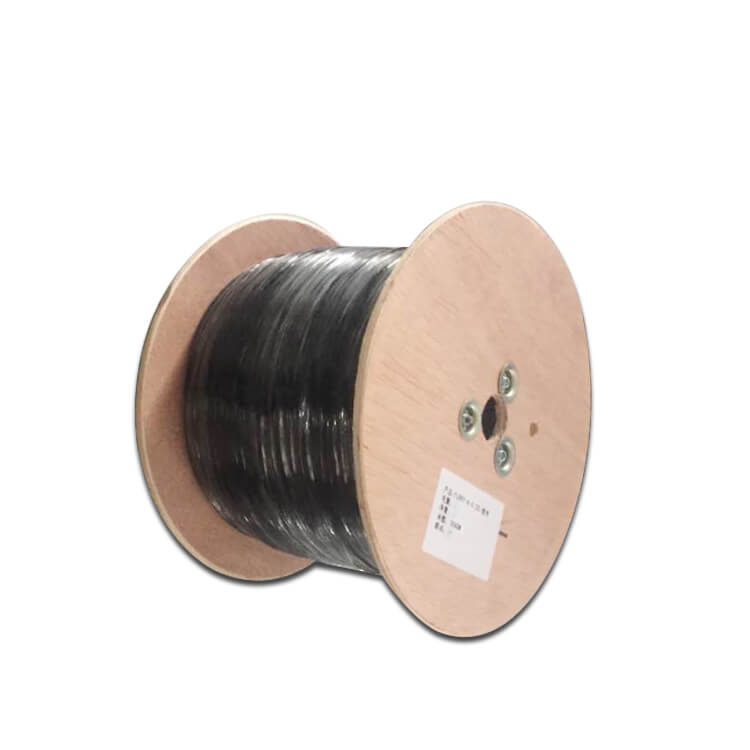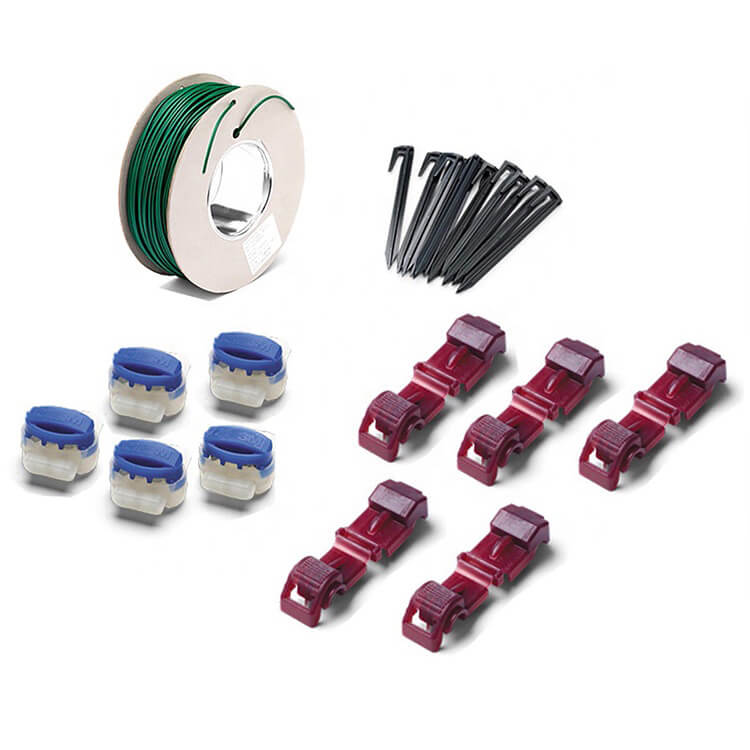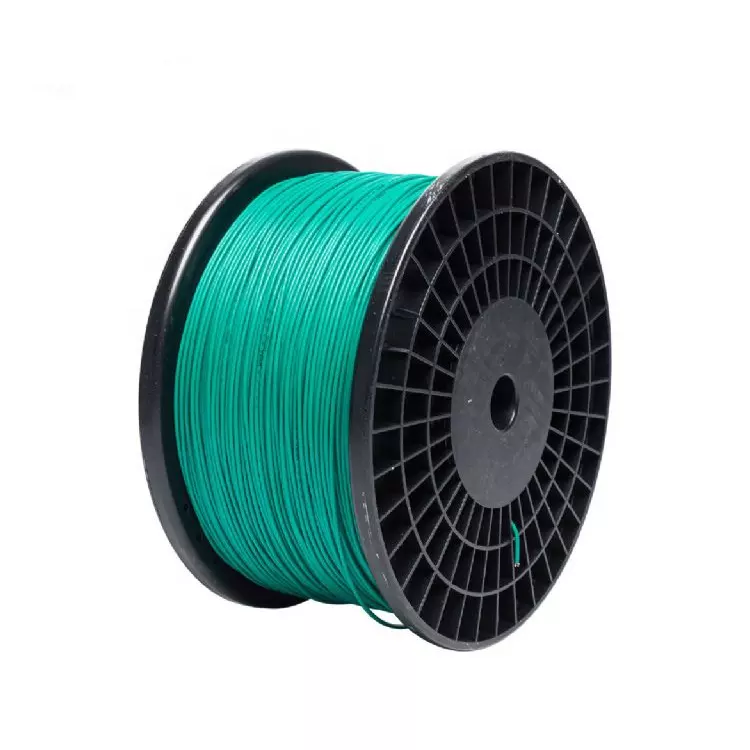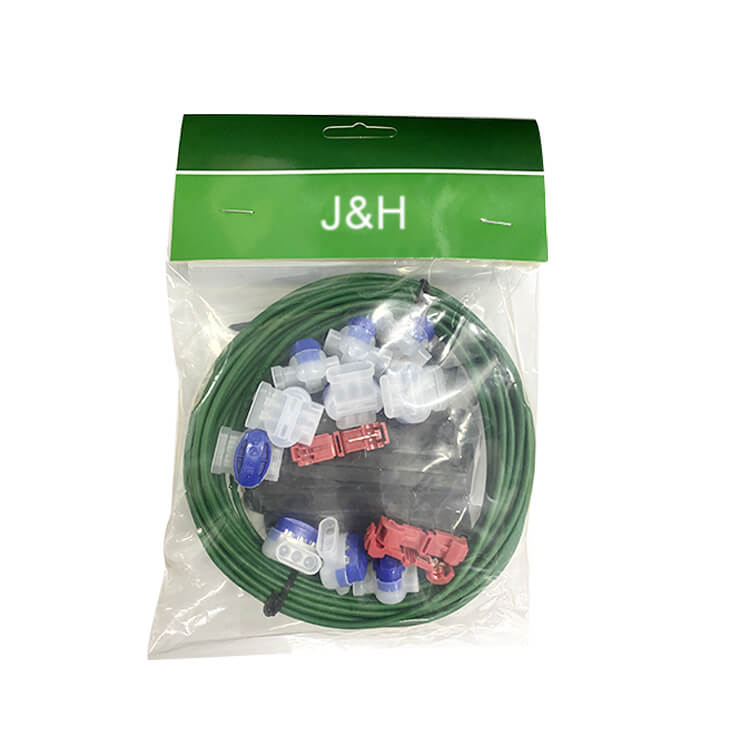Silicone rubber is known for its excellent electrical properties, thermal resistance, and flexibility, which makes it suitable for various electrical applications. Here are some potential advantages of using high voltage silicone cables in energy transmission:
High Dielectric Strength: Silicone rubber has a high dielectric strength, meaning it can withstand high electric field intensities without breaking down. This property is crucial for high voltage applications where insulation failure could lead to power loss, electrical arcing, or equipment damage.
Thermal Resistance: Silicone rubber can handle a wide range of temperatures, from extremely cold to very hot conditions. In energy transmission, where power lines might be exposed to varying weather conditions or have high current loads, silicone cables can maintain their integrity without significant degradation.
Flexibility and Durability: Silicone cables are often more flexible than traditional materials, which can make them easier to install and maintain. The cables can withstand bending and twisting without losing their electrical properties, increasing their longevity and reducing the risk of mechanical failures.
Corrosion and Chemical Resistance: Silicone rubber is resistant to many chemicals and environmental factors that might degrade other types of cable materials. This resistance makes silicone cables suitable for underground or underwater power transmission, where exposure to corrosive substances is a concern.
Reduced Losses: High voltage transmission systems aim to minimize power losses during transmission. Silicone cables with their excellent electrical properties can contribute to lower transmission losses compared to lower-grade insulation materials.
Lightweight: Silicone rubber is relatively lightweight, which can simplify installation and reduce the overall load on support structures.

 ENGLISH
ENGLISH 简体中文
简体中文 GERMAN
GERMAN SPAIN
SPAIN
 +86 181-5747-1135
+86 181-5747-1135







 Abroad:+86 181 5747 1135
Abroad:+86 181 5747 1135 FAX: +86 574 8900 7636
FAX: +86 574 8900 7636 E-mail:
E-mail: 

 read the map
read the map

